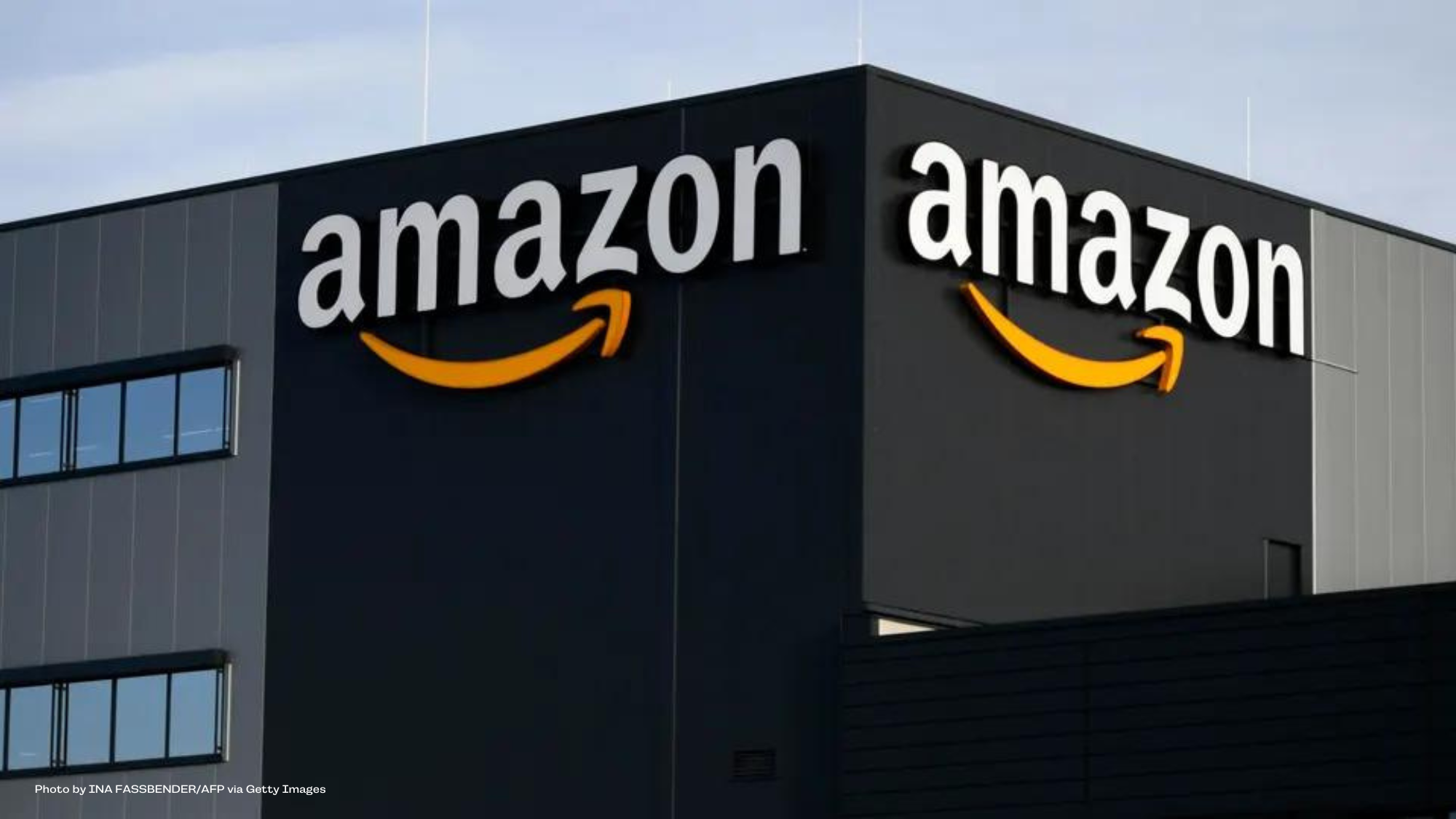
Amazon’s return-to-office (RTO) policy, effective January 2, is drawing attention across industries, with potential ripple effects on workplace trends. CEO Andy Jassy announced in September that employees would return to the office five days per week, citing enhanced collaboration and innovation.
While Amazon is among the few major companies mandating full-time office work, many remote-capable businesses continue to embrace hybrid models. Some Amazon locations, including those in New York, Houston, and Nashville, are reportedly not yet ready to accommodate full-time in-office work, leaving certain employees in remote setups until May.
The policy has sparked dissatisfaction among employees. A Glassdoor poll found that nearly 75% of Amazon professionals are reconsidering their future at the company. Another survey revealed 48% have applied for other jobs, and 87% believe productivity may decline under the new arrangement.
Amazon’s decision is being closely watched by other businesses. Experts predict it could inspire similar moves among organizations seeking to remain competitive. According to a KPMG survey, 79% of U.S. CEOs expect traditional in-office roles to return over the next three years, indicating a potential shift in workplace norms.
As companies observe Amazon’s approach, the debate over remote work’s future continues to evolve.

